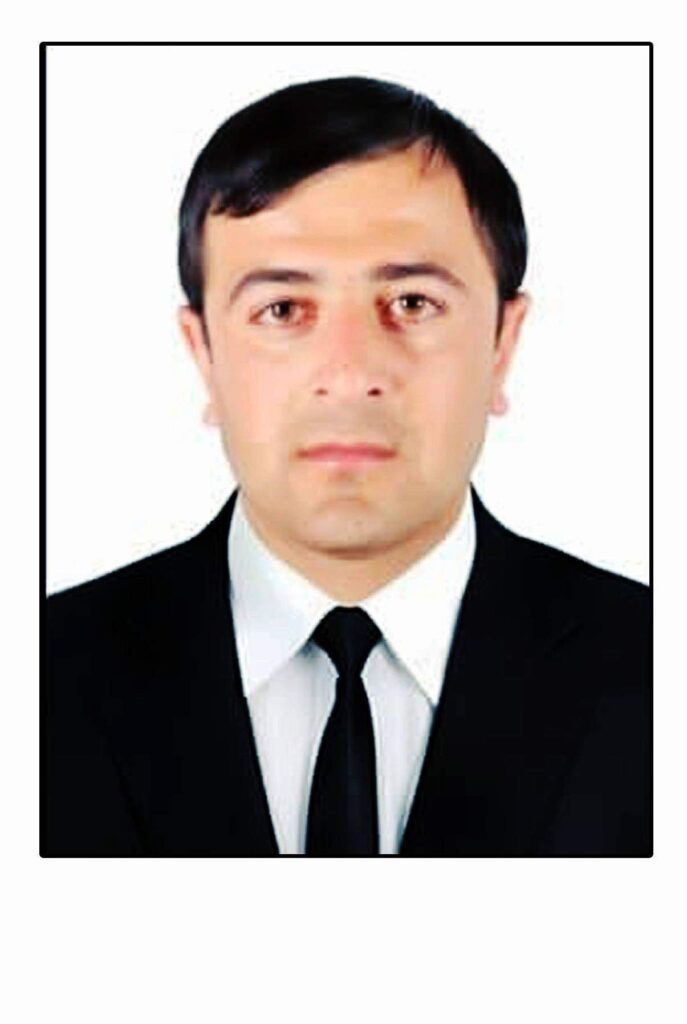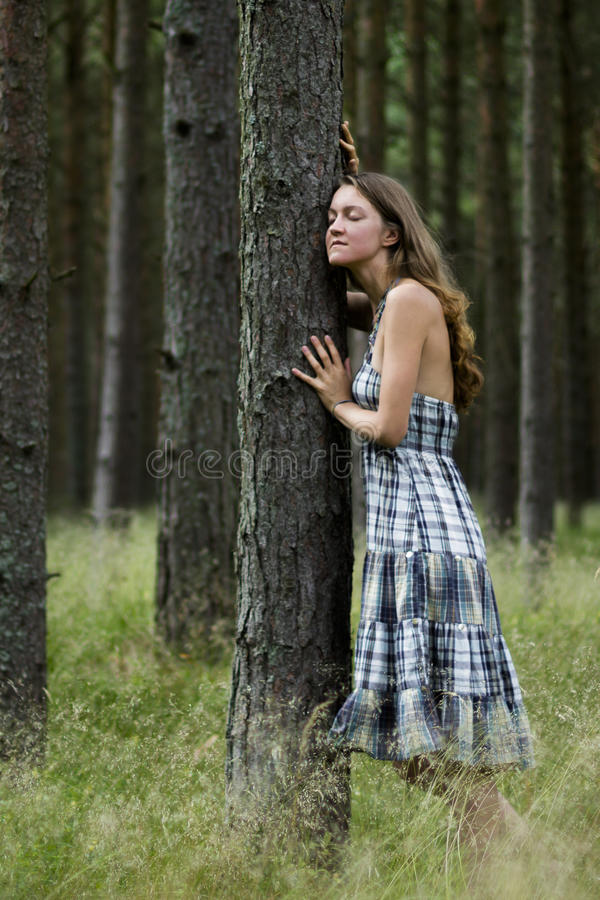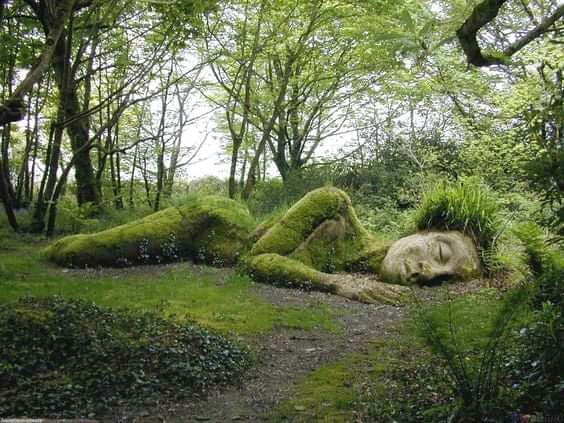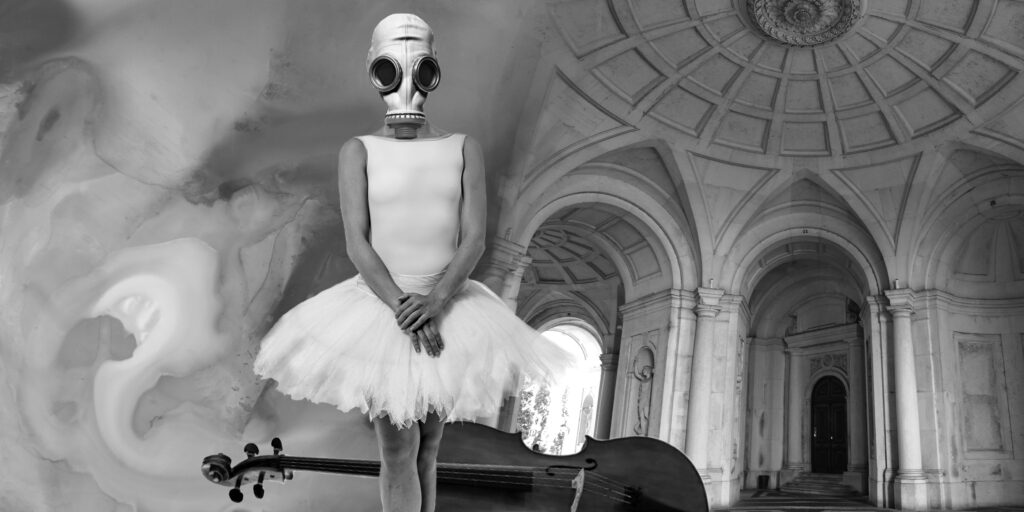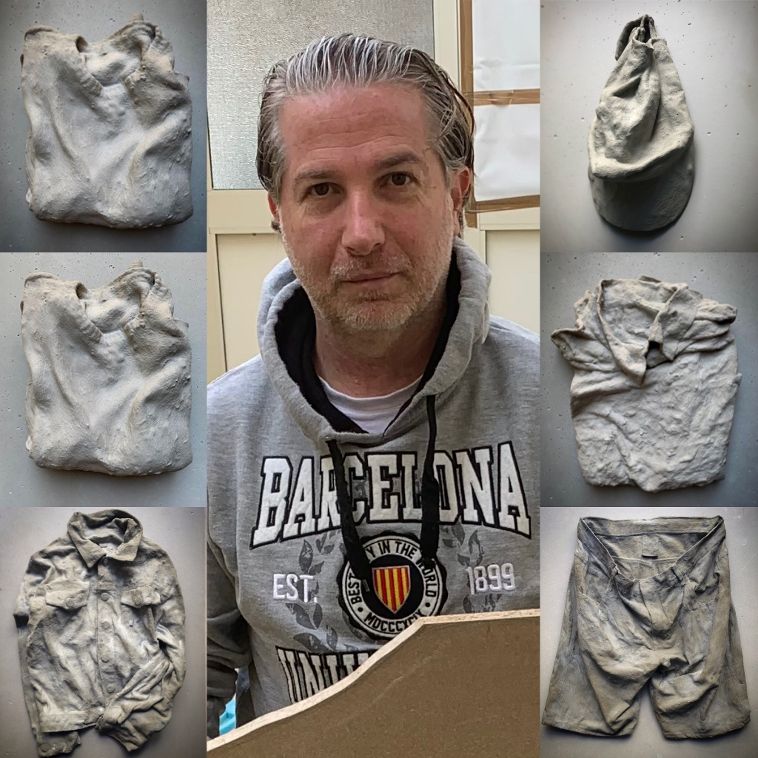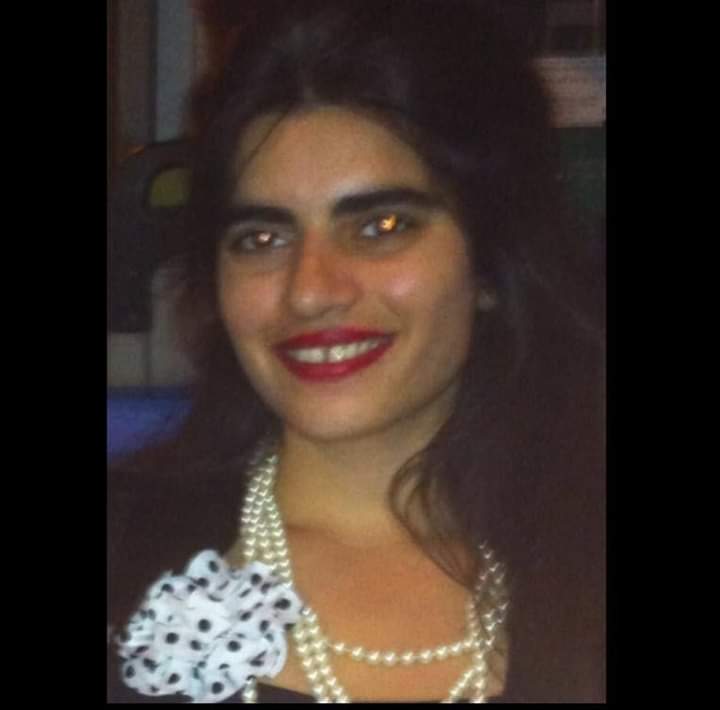A Prickly Pair by Pesach Rotem The world is cruel and harsh and cold And we yearn for warmth—my love and I— A pair of porcupines We approach and embrace And she jabs me And I prick her And we flee, bleeding, back into the safety of the pain-free cold. Carey, Get Out Your Cane by Pesach Rotem When I was fifteen years old, Joni Mitchell came out with a new album called “Blue” that had a song called “Carey” that went “Oh, you’re a mean old daddy but I like you” and when I heard that song I resolved, right then and there, that someday I would have a girlfriend— I’m talking now about a real girlfriend, not an imaginary girlfriend— that someday I would have a real girlfriend and that someday I would be a mean old daddy. I had my first real girlfriend the summer after my junior year of high school. We were counselors in a camp. She said, “I think you’re cute” and I said, “Thank you very much, “my grandmother also thinks I’m cute” but she never said, “Oh, you’re a mean old daddy but I like you.” Time went on and I went to university and I graduated and I went out into the world. I thought about becoming a professional motorcycle racer but then I decided, for various reasons, to become a marketing content writer instead. Later, as the twentieth century transitioned into the twenty-first, I myself transitioned from regular marketing content writer into online marketing content writer and I must say, at risk of immodesty, that I am a damn good one, but, alas, online marketing content does not a mean old daddy make. I am now sixty-six years old. I will never read The Odyssey in the original Greek. I will never pole vault fifteen feet. I will never argue a case before the United States Supreme Court. I will never see Machu Picchu. And I will never be a mean old daddy. Why an Apple? Hello, everybody. I am Pri Etz haDaat Tov v’Ra. You English speakers may call me The Fruit of the Tree of Knowledge of Good and Evil. I’m cool with that. I am a major character in Chapters Two and Three of your Book of Genesis along with my sidekick, the Tree of Life, who actually has a much smaller part but nevertheless became more famous just because he makes such a handy metaphor: the Torah is a Tree of Life, the Sefirot are a Tree of Life, et cetera, but I don’t care, I’m not jealous, I don’t even know why I brought it up. What I came here to talk about is: Why an apple? I never claimed to be an apple, that rosy-cheeked symbol of good health and good cheer, and yet Albrecht Dürer painted me as an apple. Hendrick Goltzius painted me as an apple. Titian painted me as an apple. Lucas Cranach the Elder painted me as an apple. And the folksingers are as bad as the painters. Just listen to Patrick Sky sing “Separation Blues” and you’ll know what I mean and why I keep on wondering: Why an apple? At first, I suspected that John Milton might be behind it but my investigation revealed that John Milton wasn’t even born until 1608 while Titian and them had already been painting apples back in the 1500s, so that’s an airtight alibi that lets John Milton off the hook but it leaves me wallowing in puzzlement as I continue to ponder that eternal question: Why an apple? “Paint It Black” Revisited by Pesach Rotem “Use the active voice.” William Strunk Jr. and E.B. White, The Elements of Style Last night I watched a movie called “Devil’s Advocate” on Netflix and at the end of the movie, as the credits rolled by, they played the Rolling Stones song “Paint It Black” and the subtitles on the screen said “I see a red door and I want it painted black” and I said, “That’s a mistake, it should be ‘I see a red door and I want to paint it black’” and my date said, “Are you sure?” and I said, “Of course. ‘I want it painted black’ is passive and the Rolling Stones weren’t passive guys so why would they sing passive lyrics?” and to prove my point I replayed the song but to my surprise it did sort of sound like “I want it painted black” and I said “uh-oh” and we played it a few more times and we listened very closely and we also looked at AZLyrics.com and a couple of other lyrics sites and they all said “I want it painted black” and I said, “Well, I guess I’ve been singing it wrong for 55 years” and my date smirked. I brooded for a while and then I became defiant. “But my way is better,” I proclaimed. “‘I want to paint it black’ means I feel a powerful urge to grab a bucket of paint in one hand and a paintbrush in the other and slosh my pain and my grief and my anguish all over that grotesquely cheerful red door and all over the whole cold cruel uncaring world while your way—‘I want it painted black’—means . . . what? I’m going to send a requisition to the Maintenance Department to have someone take care of this matter? Where’s the catharsis in that?” I was starting to feel angry at the Rolling Stones for failing to consult with me as they should have done before releasing the song in 1966. I would have told them to read their Strunk & White and use the active voice but No, the Rolling Stones are too high and mighty to ask for my advice so I decided to lodge a Statement of Protest but I wasn’t sure whom to lodge it with so I lodged it with the songwriters Mick Jagger and Keith Richards and I also lodged it with Bill Wyman and Charlie Watts as collaborating members of the Rolling Stones and with the Decca Record Company and with the Rock and Roll Hall of Fame and with Queen Elizabeth II of Great Britain and with the Upper Galilee Chapter of the Voices Israel Group of Poets in English and I am well aware that you can’t always get what you want but I did at least get some measure of satisfaction.
Pesach Rotem was born and raised in New York and now lives in Yodfat, Israel. He received his B.A. from Princeton University and his J.D. from St. John’s University. His poems have been published in more than two dozen literary journals including Chiron Review, Permafrost, Voices Israel, and Synchronized Chaos. His poem “Professor Hofstadter’s Brain” was nominated for a Best of the Net award. He is a member of the Israel Association of Writers in English.

